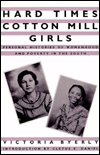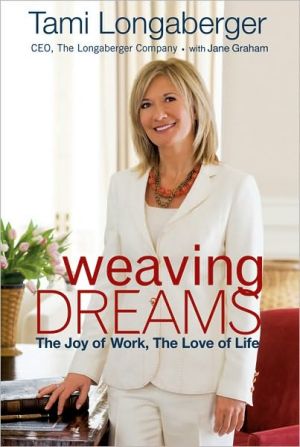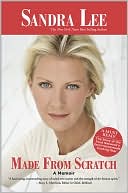Hard Times Cotton Mill Girls: Personal Histories of Womanhood and Poverty in the South
Search in google:
\ From the Publisher"A mosaic of American labor history . . . moving . . . powerful."-New York Times Book Review\ "A fascinating collection of oral histories. . . . Byerly has done a beautiful job of editing these interviews for sense and clarity without sacrificing an impression of natural speech."-Booklist\ "This book provides both scholars and general readers with an educational, intimate, and powerful record of the experiences of these working-class women."-Publishers Weekly\ \ \ \ \ \ Publishers Weekly - Publisher's Weekly\ Byerly, who once worked in a cotton mill, has interviewed 20 women in various cotton-mill towns of North Carolina, including Crystal Lee Sutton, the union organizer on whose life the movie Norma Rae was based. In rich and fascinating detail, these women discuss their struggles raising families in poverty, their grueling work in the mills under hazardous conditions, and their frustration at receiving low payfar lower than that of their male colleagues. The womenboth black and whitetell of the uneasy state of race relations in the workplace, especially after black workers broke the color barrier in the mills in the early 1960s. Many of the women also recount their fight to improve working conditions and wages, and to gain compensation for brown-lung disease and injuries sustained on the job. This book provides both scholars and general readers with an educational, intimate and powerful record of the experiences ofthese working-class women. Photos.(January)\ \ \ Library JournalByerly, herself the daughter of a mill worker, has compiled a fascinating series of oral histories of ``cotton mill girls.'' Spanning much of the 20th century and dealing with both blacks and whites, these accounts reveal above all the ambivalence of these women toward the mills. While hard work, low wages, racial discrimination, and anti-union sentiments among managers marked the lives of female mill workers, the mills did provide both a step up economically from tenant farm labor and a sense of camaraderie among the working women. Byerly's obvious leftist bias may bother some, and she has included blacks who never worked in the mills. Nonetheless, this powerful and important work is highly recommended for most libraries.Anthony O. Edmonds, History Dept., Ball State Univ., Muncie, Ind.\ \








